Syria’s rebel leader Ahmed al-Sharaa, formerly known as Abu Mohammed al-Jolani, announced plans on Tuesday to hold accountable former officials accused of war crimes and torture during Bashar al-Assad's regime. The statement came as discussions between the rebel coalition and remnants of the ousted government commenced to facilitate a power transition.
Al-Sharaa declared that a list of former senior army and security officials allegedly involved in torturing Syrians would soon be published. He also announced a reward program for information leading to the identification and prosecution of such individuals, emphasizing the rebel coalition's intent to pursue war criminals even in exile.
Amnesty and Accountability
Al-Sharaa reaffirmed his commitment to reconciliation for those not implicated in violence against civilians. He offered amnesty to individuals conscripted into compulsory service under Assad's regime, signaling a balanced approach toward justice and national healing.
"We will not hesitate to pursue justice against those who tortured the Syrian people," he stated on Telegram. "But we also remain committed to tolerance for those whose hands are not stained with blood."
Rebel Takeover and Assad's Ouster
The rebel coalition, led by al-Sharaa's Hayat Tahrir al-Sham (HTS) and allied factions, launched a swift offensive on November 27, capturing key government-held territories. The campaign culminated in the fall of Damascus on Sunday, forcing Bashar al-Assad to flee the country. This marked a dramatic end to over 50 years of Assad family rule.
HTS previously controlled large parts of Idlib province and surrounding areas, but its recent offensive, combined with support from other opposition groups, enabled the coalition to seize power in unprecedented fashion.
Future Steps
The rebel leadership now faces the challenge of forming a transitional government while managing expectations for justice and reconciliation. The announcement of accountability measures signals a commitment to addressing decades of abuses under Assad’s regime while attempting to unify the war-torn nation.
The international community is closely watching how the coalition balances its Islamist roots with governance and justice efforts, particularly as Syria enters an uncertain new chapter.



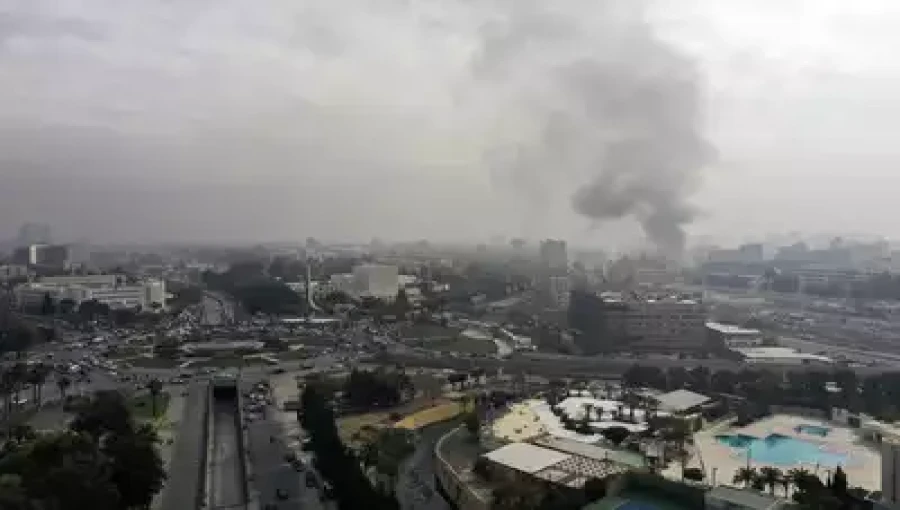
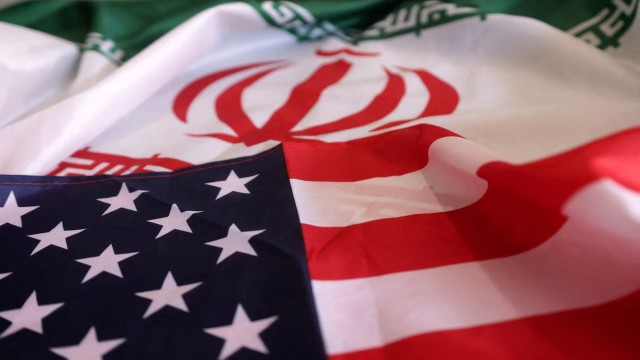

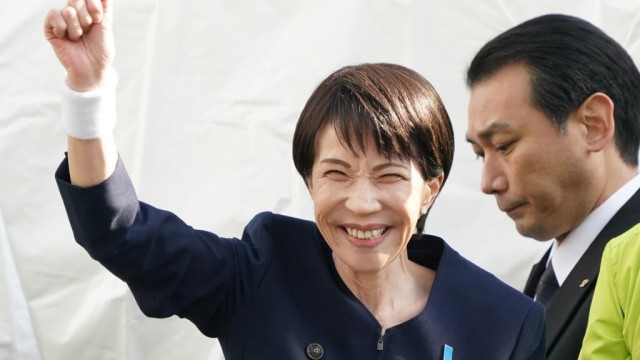


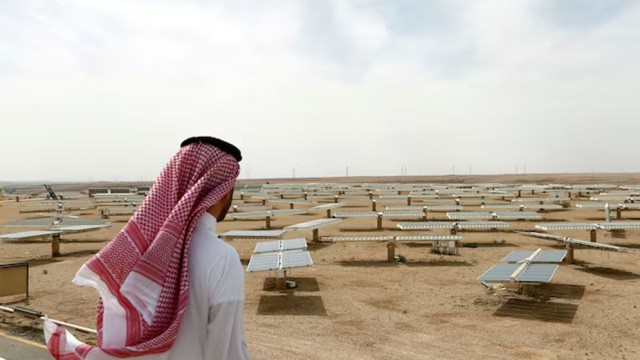



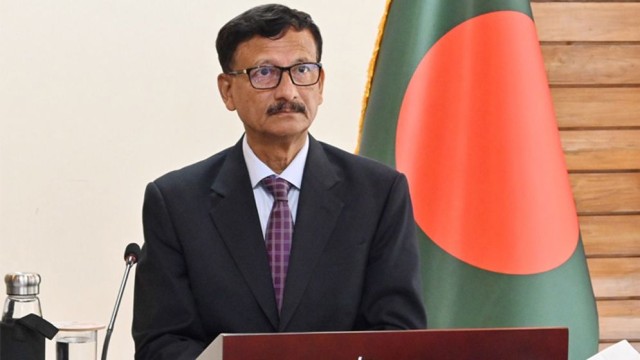

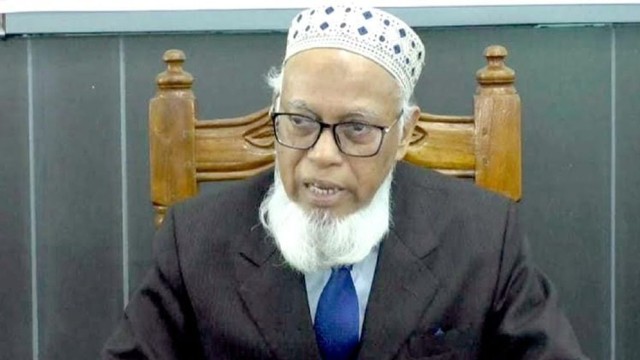
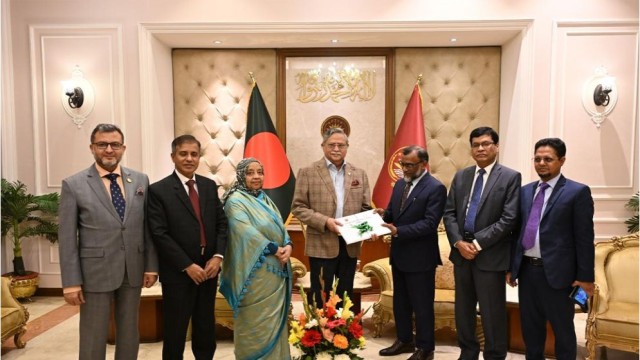

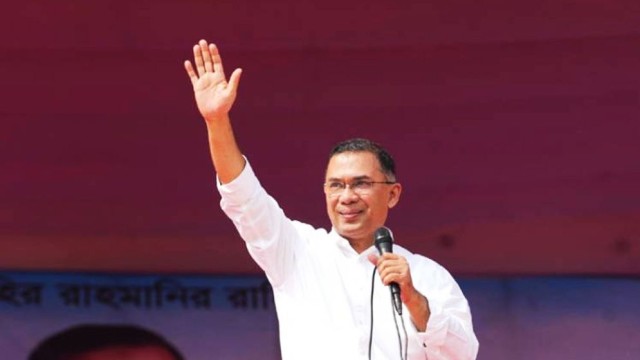
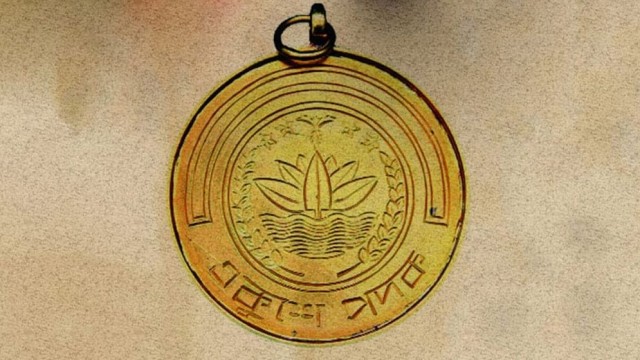











Comment: